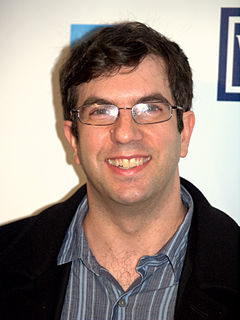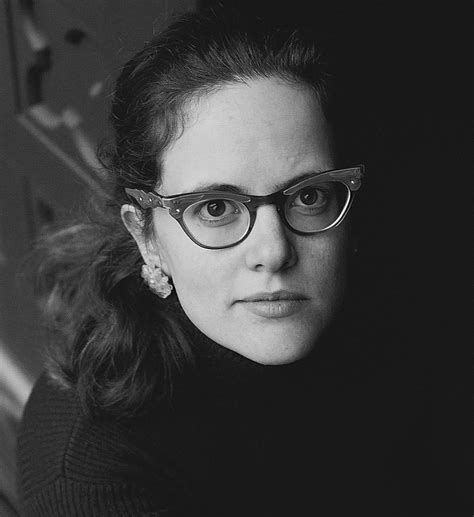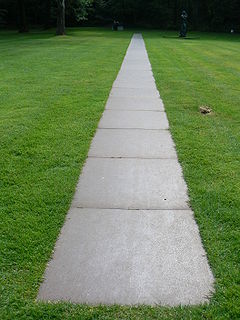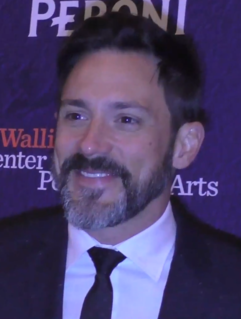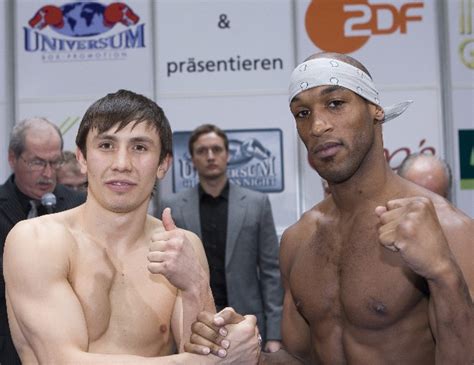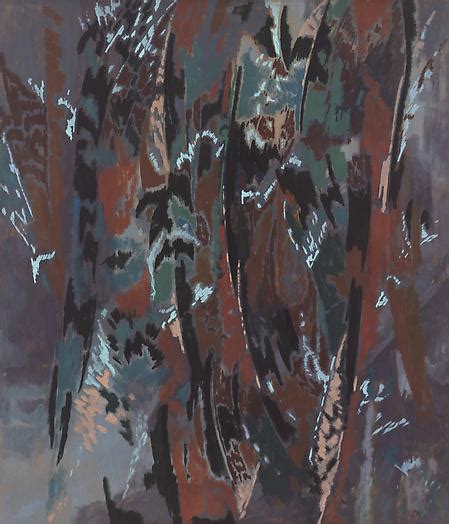A Quote by Christy Turlington
Sacred spaces can be created in any environment.
Quote Topics
Related Quotes
I don't necessarily have any designs in being in politics for the rest of my life. I don't necessarily think that this is the best thing for our country to have an environment so polarized that the political discourse is this aggressive and this nasty. I don't think it's a good thing. But until we see a sort of backing off from the Republicans that have created this environment, I don't see a reason why Democrats should hold off and act any differently.
I'm still agnostic. But in the words of Elton Richards, I'm now a reverant agnostic. Which isn't an oxymoron, I swear. I now believe that whether or not there's a God, there is such a thing as sacredness. Life is sacred. The Sabbath can be a sacred day. Prayer can be a sacred ritual. There is something transcendent, beyond the everyday. It's possible that humans created this sacredness ourselves, but that doesn't take away from its power or importance.
The church has long used the concept of sacraments--outward signs of inward grace--to name the spaces where God meets us in an especially present way. For many Christians, however, that language seems abstract, even (sadly) foreign. Dean Nelson lovingly explores those spaces of encountering God; his luminous book has helped me see anew the sacred in the ordinary. I am grateful.
The catalyst that converts any physical location - any environment if you will - into a place, is the process of experiencing deeply. A place is a piece of the whole environment that has been claimed by feelings. Viewed simply as a life-support system, the earth is an environment. Viewed as a resource that sustains our humanity, the earth is a collection of places.







